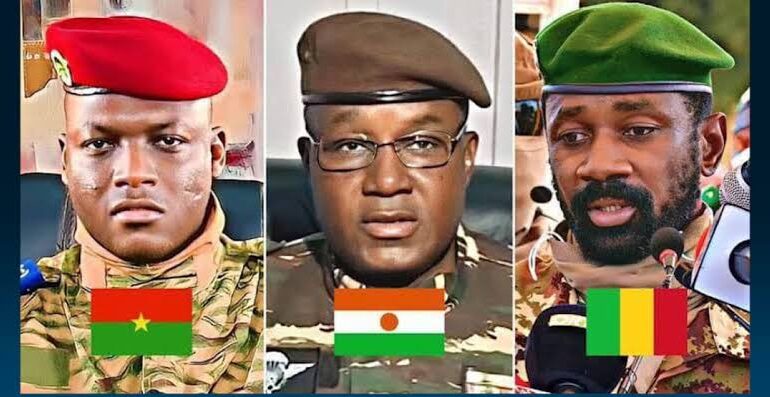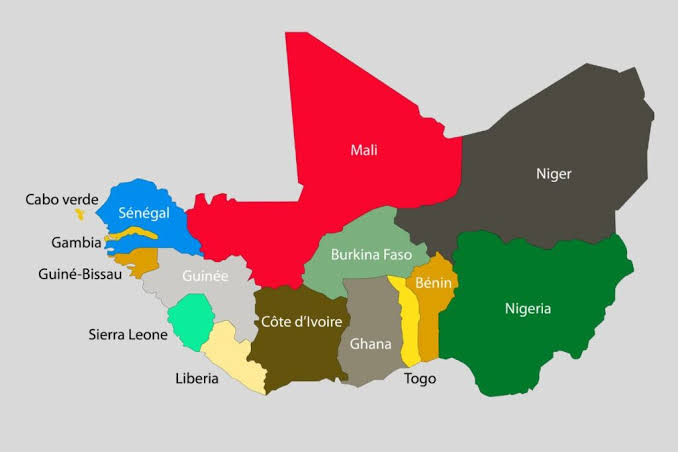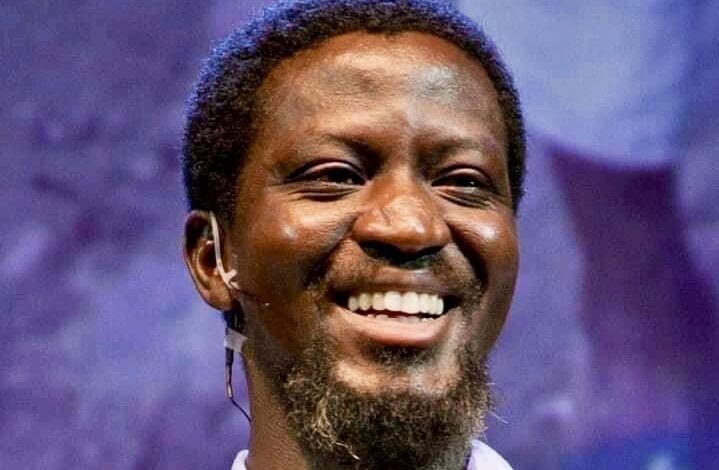
Faith Nyasuguta
In a surprising development, three West African nations – Niger, Mali, and Burkina Faso – have jointly declared their immediate withdrawal from the Economic Community of West African States (ECOWAS), a regional bloc pivotal to the political and economic integration of its 15 member states.
The announcement, made through a joint statement on Sunday, accused ECOWAS of deviating from its founding principles and becoming a threat to its member states and populations.
The joint statement argued that ECOWAS, purportedly influenced by foreign powers, has failed to adequately support their fight against terrorism and insecurity. Moreover, the countries lamented what they deemed as “illegal, illegitimate, inhumane, and irresponsible sanctions” imposed by ECOWAS.
This move raises questions about the effectiveness of the regional body in handling complex geopolitical challenges within West Africa.
ECOWAS, founded in 1975, has been a key player in regional diplomacy, striving to promote economic integration and address political instability.
However, recent years have seen a surge in coups and political upheavals across member states, revealing the limitations of the regional body in maintaining stability and good governance.
The military-led governments of Niger, Mali, and Burkina Faso have faced criticism and sanctions from ECOWAS following coups in 2020, 2021, and 2022, respectively.
The suspension and sanctions have strained relations, prompting the three nations to assert their sovereignty through withdrawal. While ECOWAS claims it has not been formally notified, the protocol requires up to a year for the withdrawal process to conclude.
Efforts to mend ties between Niger and ECOWAS faced challenges, with only representation from Togo showing up during an attempted meeting in Niamey.
This underscores the underlying tensions and complexities within the organization, revealing a lack of consensus among member states on addressing political crises.
The military leadership of Niger, Mali, and Burkina Faso has collaboratively formed the “Alliance of Sahel States” to counter the rise of violent armed groups in their countries.
Notably, they have severed military ties with France, the former colonial power, a move that reflects a shift in geopolitical alliances in the region.

France, which once had a significant military presence across the Sahel, announced the withdrawal of its troops after the aforementioned coups, raising concerns about the security vacuum and potential southward spread of armed groups.
The withdrawal of these three nations raises questions about the future dynamics of ECOWAS and its ability to address shared challenges effectively.
West Africa has witnessed a surge in security threats, with over 1,800 attacks in the first half of 2023, resulting in nearly 4,600 deaths and dire humanitarian consequences. The complexity of regional politics, coupled with internal strife and external pressures, poses a formidable challenge to achieving cohesive regional governance.
As ECOWAS navigates this latest development, finding a negotiated solution to the political impasse becomes crucial. The region’s stability, economic integration, and the well-being of its populations hinge on effective collaboration and a renewed commitment to the founding principles of the regional bloc.
RELATED:




